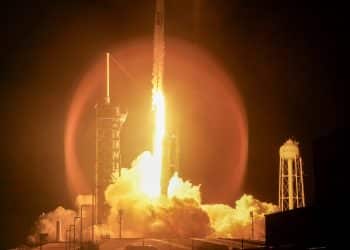SPACs (special purpose acquisition companies) are becoming an increasingly important pillar for capex-heavy newspace. Startup Astra’s fast-track IPO is set to make it the first publicly traded space launch company – an accolade that had been anticipated for SpaceX before the SPAC boom. But as ‘blank cheque’ firms help open newspace up to public markets, […]









